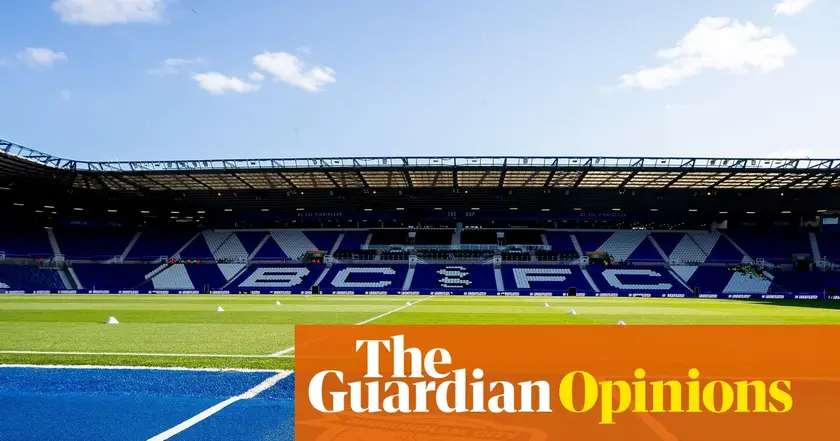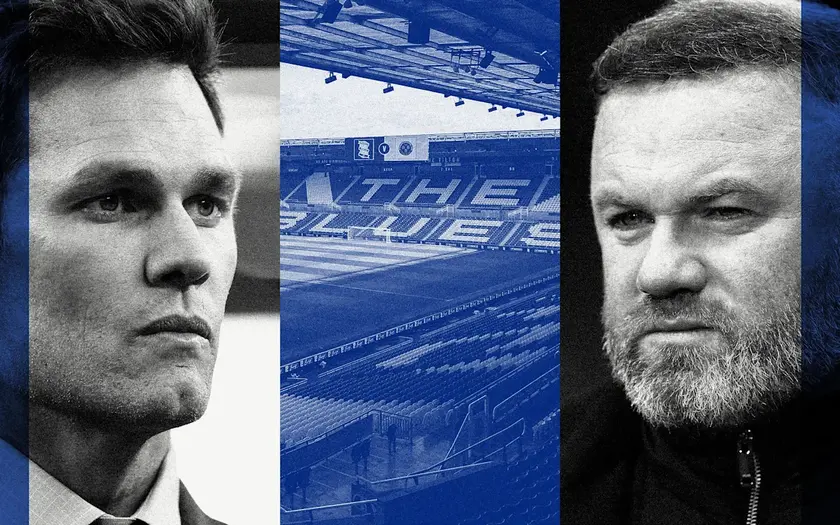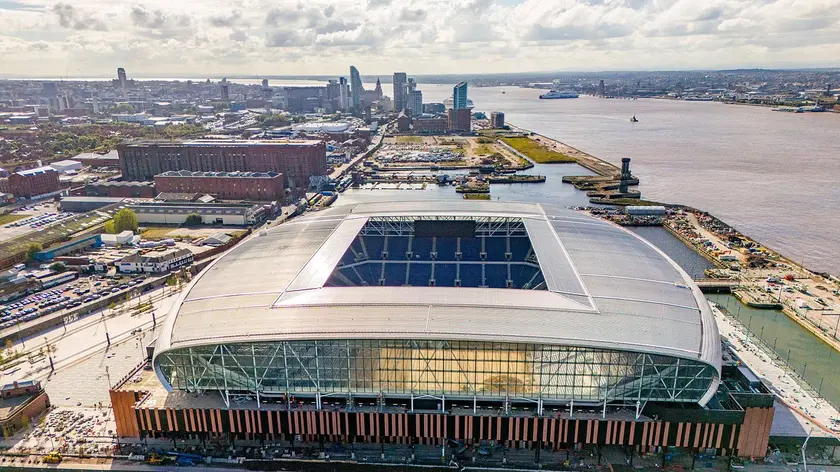T4K3.news
Birmingham owners push bold city growth
Knighthead plans for a new stadium and city regeneration face a test from fans and a new football regulator.

Knighthead aims for a stadium and regeneration in Birmingham, testing how profit goals fit with footballs community role and a new regulator.
Birmingham owners pursue bold city growth beyond the balance sheet
Birmingham City is owned in parts by Birmingham Sports Holdings and Shelby Companies Limited, with Knighthead Capital Management owning about 46 percent and co‑founder Tom Wagner driving the investment. Brady is the public face rather than a decision maker, while discussions of a multibillion‑pound Sports Quarter signal a bold expansion plan that includes a new stadium and major regeneration.
A new documentary about the club leans into Birmingham’s global image and includes references to its troubled past, such as the 1980s hooligan era. The film underscores a branding exercise that ties the club to a city’s hard image while inviting questions about whether the team is being built to serve fans or markets. The sport also faces a changing regulatory landscape in England, with a new independent regulator meant to protect fans and the game’s long‑term health, a backdrop against which investors must prove their long‑term commitment to the club and its community.
Key Takeaways
"I care more about Birmingham than I do about anything else"
Co‑owner Tom Wagner’s stated dedication to the city
"Football clubs are not just balance sheets"
Core argument that clubs are more than financial assets
"Football is a living part of a community not a market to be tapped"
Editorial remark on football’s civic role
"Winning shallow"
Dr Pippa Grange’s critique referenced in the piece
The piece sits at a crossroads between American scale and football’s civic duties. Private equity can bring discipline, capital, and operational focus, but the sport demands patience and a longer horizon than quarterly returns. That tension will test how Birmingham balances ambition with accountability to supporters and local residents.
Branding Birmingham around a mythic city narrative can attract attention and investment, yet it risks reducing a living community to a marketable story. If the club leans too heavily on a glamorous image, it could alienate fans who want the club to reflect the full complexity of Birmingham. The real test is whether investors can couple appetite for growth with the care football requires.
Highlights
- I care more about Birmingham than I do about anything else.
- Football clubs are not just balance sheets.
- Football is a living part of a community not a market to be tapped.
- Ambition should serve the city not just the balance sheet.
Financial and political risk around private equity ownership
The Birmingham case mixes a distressed asset with a grand regeneration plan and a new regulator. The pressure to deliver quick financial returns could clash with the long‑term needs of fans and community.
The coming months will reveal if big money can honor the slow work and shared obligations of a city and its fans.
Enjoyed this? Let your friends know!
Related News

Birmingham City target Oxlade-Chamberlain

Swansea City eyes growth through high profile investment

Rooney Brady Beef Triggers Fresh Debate in Football

Blackburn eliminated from Carabao Cup

Rooney responds to Brady critique

Rooney responds to Brady in Birmingham documentary

Rooney defends work ethic after Brady remarks

Everton launches new era with stadium and signings
